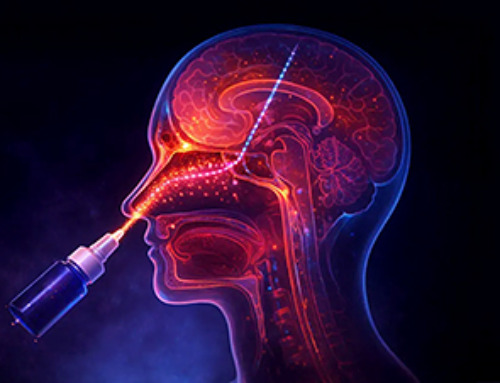Geography was once the biggest hurdle to sharing talent, knowledge and creativity. In the connected world, borderless communities form quickly and innovate when people with shared interests, even in niche subjects, have a platform to engage with each other.
Around the globe employers must understand the implications and take action.
No More Unpaid Co-creation
In 2010, the blockchain and cryptocurrencies were in their infancy. There simply was no practical method to provide monetary rewards to gamers, en masse, for their efforts in co-creating games. Now that these technologies are established, a model of guaranteed financial rewards for co-creators is possible.
Providing and incentivizing people with genuine economic benefit to do the work they already want to do—co-creating games, for example—will end this unpaid labor. Financial rewards will also increase both the quality and quantity of the work enormously. In addition, stopping the extraction of surplus value from co-creators by corporate players and putting it back into their pockets will lead them to buy more games.
Compare this model to that of social media such as Facebook, Twitter and Instagram. Their profit comes by exploiting their users’ immaterial labor: hoarding data and selling behavioral information, demographic statistics, and purchasing and web-browsing history.
All forms of contribution to capital—not merely the financial contributions of shareholders—deserve to receive some reward, and blockchain technology will help to ensure it for the games industry. Gamers will receive cryptocurrency for playing and reviewing games, giving feedback to developers, and sharing social content to help promote games they love. It also means developers will be able to access to millions of gamers from the beginning to the end of the creation process. They’ll even be able to license user-generated content, in addition to selling and marketing these games through the platform.
This new model comes ahead of an important transition in the global labor market. There is a wide consensus that AI and advanced technologies will make many traditional jobs and careers obsolete. But new job and careers will also emerge. For some people, this transition may simply provide additional income through, for example, occasionally renting out a room through Airbnb. For others, part-time passions could become full-time careers.
Differing from the current sharing economy, though, the livelihoods of players and developers will offer the means to bypass economic turmoil in their countries of residence.
Image Credit: Alias Studio
News This Week
Molecular Manufacturing: The Future of Nanomedicine – New book from Frank Boehm
This book explores the revolutionary potential of atomically precise manufacturing technologies to transform global healthcare, as well as practically every other sector across society. This forward-thinking volume examines how envisaged Factory@Home systems might enable the cost-effective [...]
New Book! NanoMedical Brain/Cloud Interface – Explorations and Implications
New book from Frank Boehm, NanoappsMedical Inc Founder: This book explores the future hypothetical possibility that the cerebral cortex of the human brain might be seamlessly, safely, and securely connected with the Cloud via [...]
Global Health Care Equivalency in the Age of Nanotechnology, Nanomedicine and Artificial Intelligence
A new book by Frank Boehm, NanoappsMedical Inc. Founder. This groundbreaking volume explores the vision of a Global Health Care Equivalency (GHCE) system powered by artificial intelligence and quantum computing technologies, operating on secure [...]
Miller School Researchers Pioneer Nanovanilloid-Based Brain Cooling for Traumatic Injury
A multidisciplinary team at the University of Miami Miller School of Medicine has developed a breakthrough nanodrug platform that may prove beneficial for rapid, targeted therapeutic hypothermia after traumatic brain injury (TBI). Their work, published in ACS [...]
COVID-19 still claims more than 100,000 US lives each year
Centers for Disease Control and Prevention researchers report national estimates of 43.6 million COVID-19-associated illnesses and 101,300 deaths in the US during October 2022 to September 2023, plus 33.0 million illnesses and 100,800 deaths [...]
Nanomedicine in 2026: Experts Predict the Year Ahead
Progress in nanomedicine is almost as fast as the science is small. Over the last year, we've seen an abundance of headlines covering medical R&D at the nanoscale: polymer-coated nanoparticles targeting ovarian cancer, Albumin recruiting nanoparticles for [...]
Lipid nanoparticles could unlock access for millions of autoimmune patients
Capstan Therapeutics scientists demonstrate that lipid nanoparticles can engineer CAR T cells within the body without laboratory cell manufacturing and ex vivo expansion. The method using targeted lipid nanoparticles (tLNPs) is designed to deliver [...]
The Brain’s Strange Way of Computing Could Explain Consciousness
Consciousness may emerge not from code, but from the way living brains physically compute. Discussions about consciousness often stall between two deeply rooted viewpoints. One is computational functionalism, which holds that cognition can be [...]














Leave A Comment